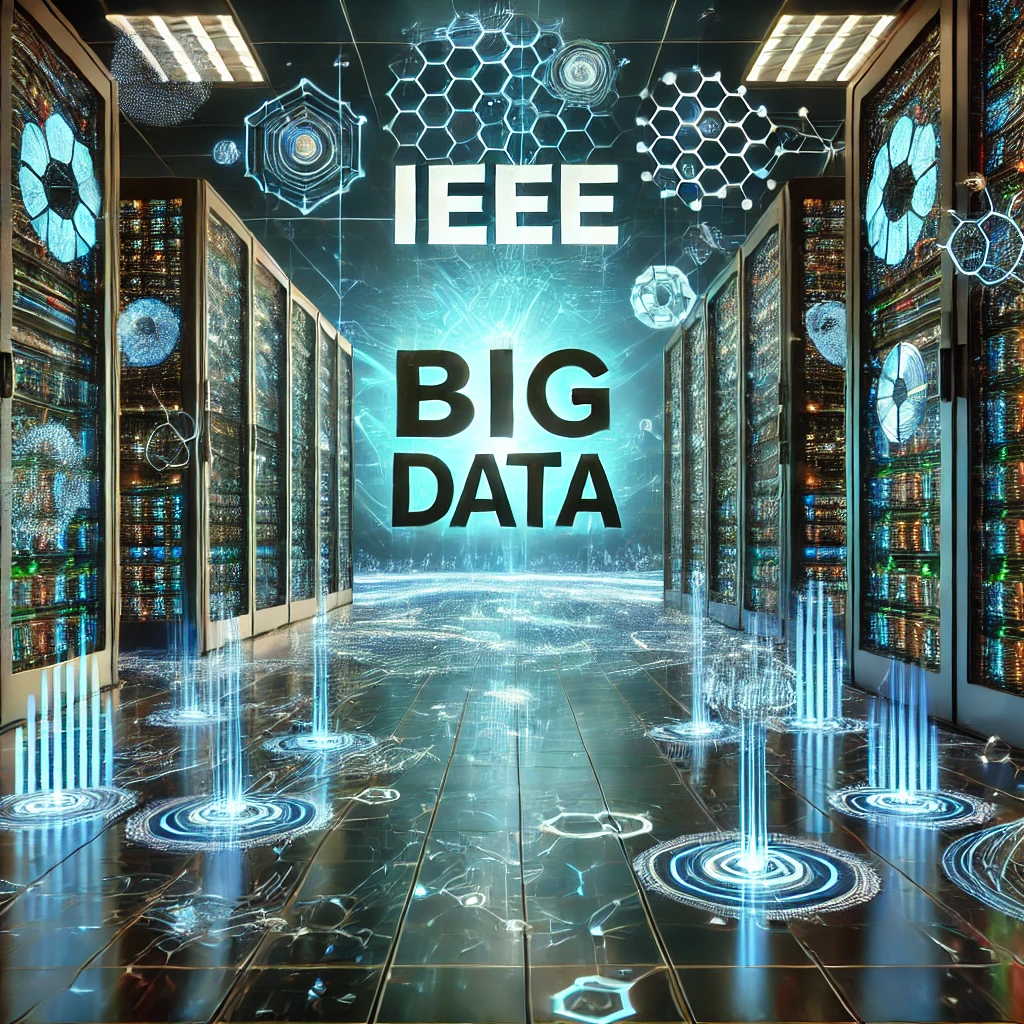IEEE Big Data: Transforming the Future of Information Processing
In the digital age, the vast amount of data generated every second is overwhelming. From social media interactions to scientific research, businesses and institutions are leveraging data to drive innovation and decision-making. One of the leading organizations advancing this field is the Institute of Electrical and Electronics Engineers (IEEE), which plays a crucial role in defining standards, research, and best practices in big data technologies. This article explores the significance of IEEE in the realm of big data, its impact on industries, and its future potential.
What is IEEE Big Data?
IEEE Big Data refers to the research, standards, and initiatives led by IEEE to develop frameworks, methodologies, and innovations in data science, analytics, and computing. IEEE organizes conferences, publishes research papers, and establishes guidelines that help shape the future of big data technologies. These contributions enable organizations and researchers to tackle challenges related to data storage, processing, security, and scalability.
Key Areas of IEEE Big Data Research
IEEE focuses on several key areas in big data, including:
- Big Data Analytics – Developing algorithms and machine learning models to extract meaningful insights from large datasets.
- Data Storage and Management – Enhancing cloud computing, distributed databases, and data lakes for efficient data handling.
- Data Security and Privacy – Establishing encryption and access control mechanisms to safeguard sensitive data.
- Real-Time Processing – Optimizing frameworks like Apache Spark, Hadoop, and edge computing to handle real-time data streams.
- AI and Big Data Integration – Leveraging artificial intelligence to automate data analysis and decision-making processes.
- IoT and Big Data – Managing the explosion of data generated from Internet of Things (IoT) devices.
Impact of IEEE Big Data on Industries
Big data is revolutionizing various sectors, and IEEE’s contributions have significantly impacted:
- Healthcare – Enhancing predictive analytics for patient diagnosis and treatment planning.
- Finance – Improving fraud detection, risk assessment, and algorithmic trading.
- Manufacturing – Optimizing supply chains and predictive maintenance using IoT data.
- Smart Cities – Implementing data-driven solutions for urban planning, traffic management, and sustainability.
- Cybersecurity – Strengthening defense mechanisms through advanced anomaly detection techniques.
IEEE Big Data Conferences and Publications
IEEE hosts annual Big Data Conferences that bring together leading researchers, industry professionals, and innovators to discuss the latest advancements in big data. Some prominent IEEE publications in this field include:
- IEEE Transactions on Big Data
- IEEE Transactions on Knowledge and Data Engineering
- IEEE International Conference on Big Data (IEEE Big Data)
These platforms facilitate the exchange of ideas, encourage collaboration, and push the boundaries of big data research.
The Future of IEEE Big Data
With the rapid expansion of AI, 5G, and quantum computing, IEEE continues to lead advancements in big data technologies. The focus is shifting towards edge computing, decentralized data processing, and ethical AI to ensure transparency and efficiency in data-driven solutions.
As industries become increasingly reliant on data, IEEE’s role in standardizing and guiding big data technologies will be more critical than ever. Whether in business, healthcare, or cybersecurity, IEEE Big Data is shaping the future of information processing.
Conclusion
IEEE Big Data is at the forefront of technological advancements, driving research, standards, and innovations in data science. By setting global benchmarks and fostering collaborations, IEEE ensures that organizations can harness big data responsibly and effectively. As the world generates more data every day, the role of IEEE in shaping its ethical, secure, and efficient use will continue to grow, transforming industries and paving the way for groundbreaking innovations.
